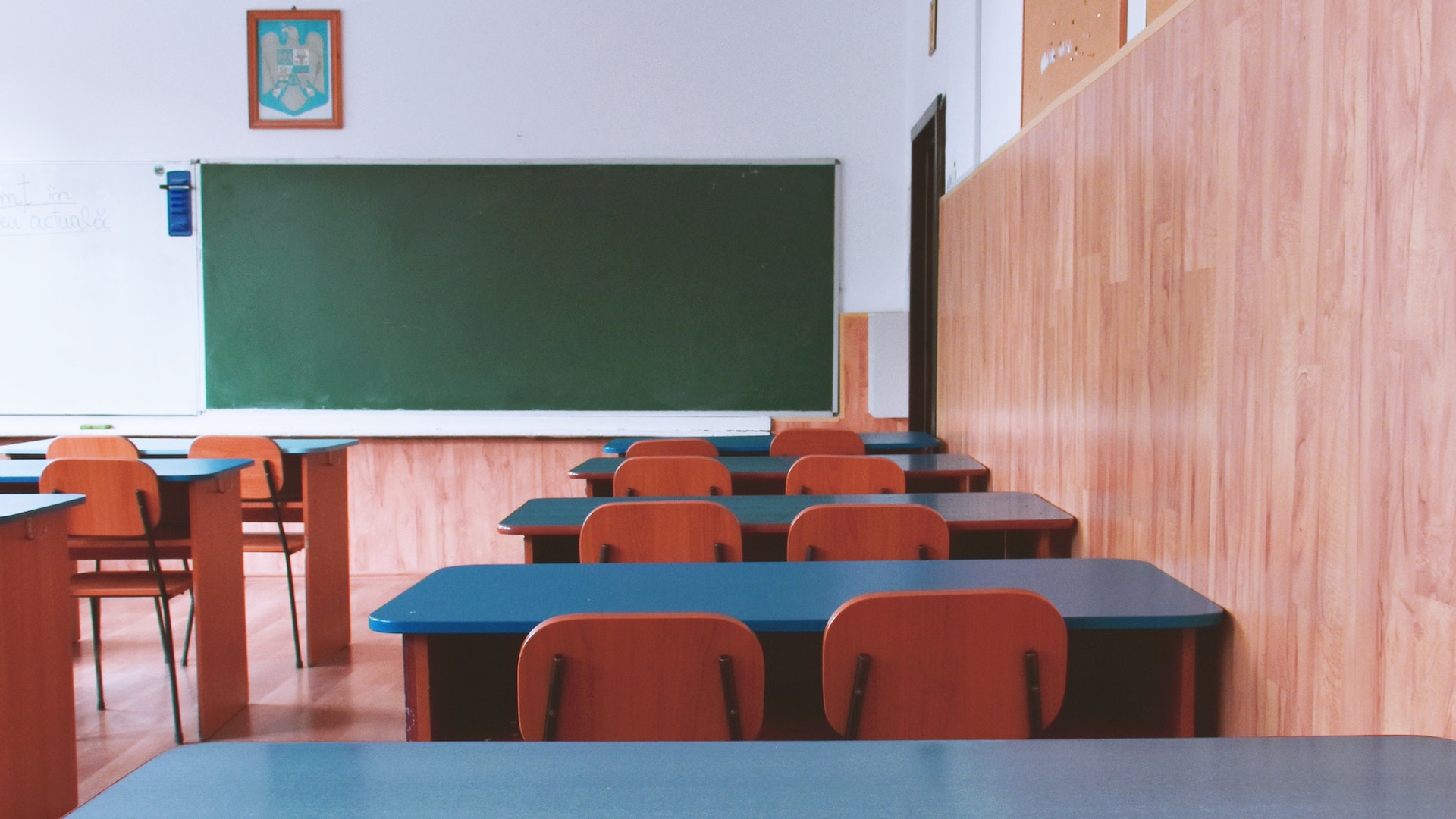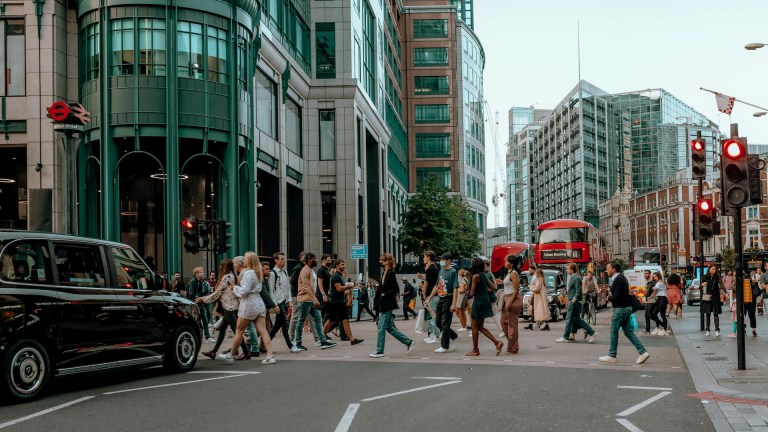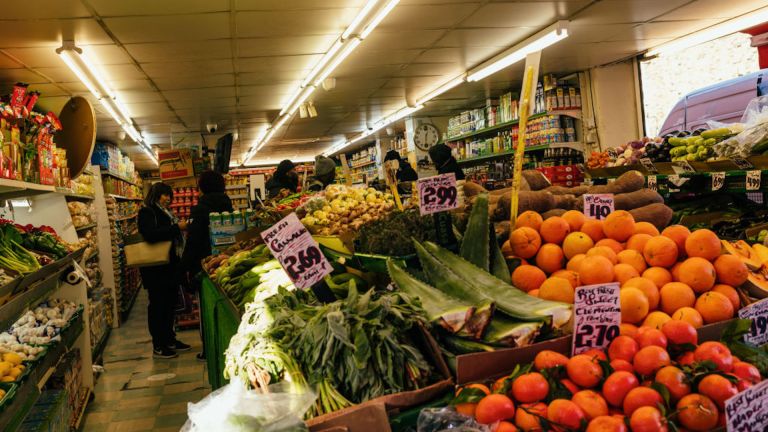Around 162,000 children eligible for free school meals (FSMs) were absent from school before the Easter holiday, new government figures show, with attendance levels around five per cent lower than that of their better-off peers.
Campaigners called on the Government to “redouble its efforts” to support low-income families through the pandemic. Department for Education statistics showed around 85 per cent of children in state primary, secondary and special schools who are eligible for free lunches were in classes compared to a national average of 90 per cent.
The figures, recorded on March 25, demonstrate the “wider challenges” faced by disadvantaged families according to Mary Bousted, joint general secretary of the National Education Union.
England’s schools reopened on March 8 for all children except particularly vulnerable pupils who are still shielding and those who choose to stay home due to Covid-19 concerns.
Support The Big Issue and our vendors by signing up for a subscription
“The pandemic has shone a light on the realities of poverty in the UK, with many thousands of children added to the dreadful statistics over the past year,” Bousted said.










